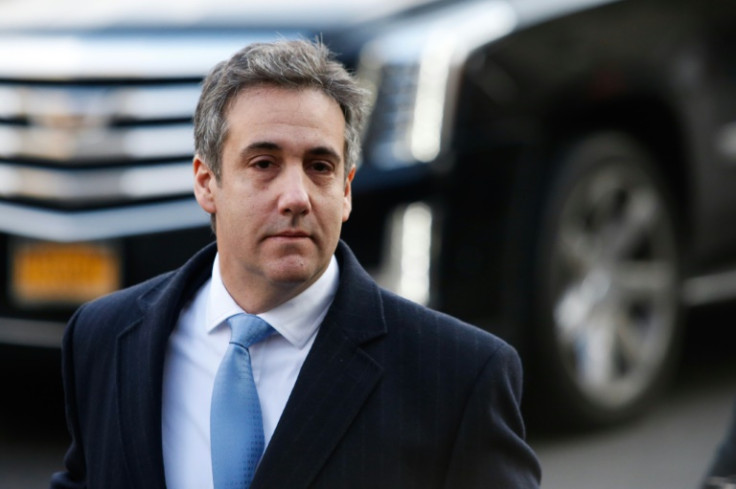
The U.S. Supreme Court rejected on Monday a petition by Donald Trump's ex fixer, Michael Cohen, over claims that the former president retaliated at him for writing a tell-all book in which he revealed damning information about him.
The decision regarding Cohen's last-ditch effort leaves in place a lower court ruling saying it could not pursue the allegation. The events that led the disbarred lawyer to file the suit took place in 2020, when he was serving a three-year sentence on several charges related to the work he did for Trump, including hush-money payments to porn star Stormy Daniels to bury claims of a sexual encounter between the two.
Cohen had been in home confinement due to sanitary policies related to the Covid-19 pandemic but was ordered back to prison after refusing to sign a form preventing him from speaking to the press or posting on social media.
Cohen was in solitary confinement for 16 days before a federal judge ordered his release, finding that he had been retaliated against on free speech grounds. He then sued Trump and other officials, claiming his right to be free from unreasonable search and seizure under the Constitution's Fourth Amendment had been violated.
"Understanding and knowing Donald Trump, based upon his own words, if there isn't a significant deterrent factor, he will not stop," Cohen recently told NBC News when discussing his suit. "It won't stop with just locking people up," he added, recalling he has previously suggested that Mark Milley, who was chairman of the Joint Chiefs of Staff under Trump, should be executed for treason.
"If there is no deterrent factor to somebody who lacks a moral compass, what do you end up with? A monarch? A king? A dictator? A führer?" he told the outlet.
Cohen's lawyer, Jon-Michael Dougherty, had already conceded his client was facing an "uphill battle" as the Supreme Court only allows a small number of appeals. And it has become increasingly harder to bring civil rights claims against federal officials under a five-decade-long precedent called Bivens v. Six Unknown Named Agents of the Federal Bureau of Narcotics.
© 2025 Latin Times. All rights reserved. Do not reproduce without permission.





